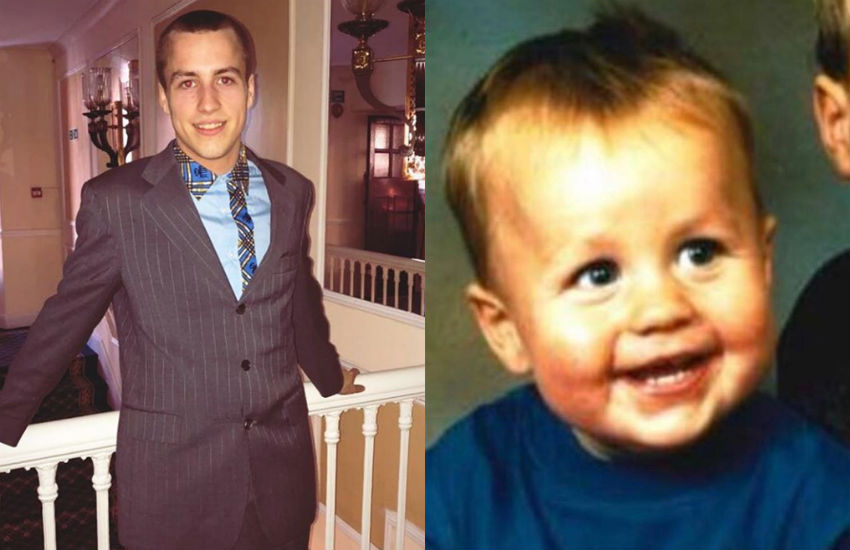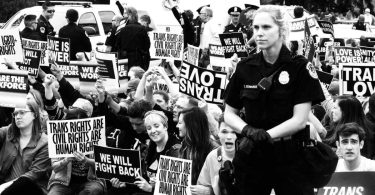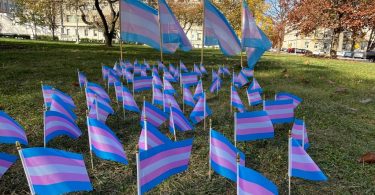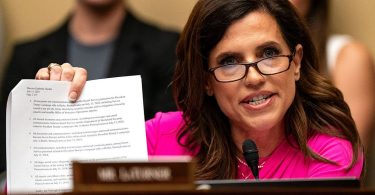Brett Service now and as a baby (Photo: Supplied)
Social services placed me into care when I was aged 13 months. I lived in ten placements ranging from one year to five years and four months. I was raised in Sussex and Kent before returning to London aged 17. Now 21, I work as an apprentice in education for looked-after children in local government.
People say being in care is bad enough but most of them don’t know how it feels to be gay and in care. Going through episodes of feeling isolated, unwanted even hated just for feeling how I do.
I knew I was gay when I was quite young, probably around 10 years old. Of course, at the time I didn’t know I was gay. I just knew that I wasn’t feeling the same feelings as most of the other children around me.
Other children spent time talking about girls and anything about gays was ‘disgusting’ and ‘eww’.
Luckily, I only suffered a minor amount of homophobic abuse at school. But I’m glad I did as it prepared me for the adult world where not everyone is accepting.
Some people reckon I’m gay as I had no father figure growing up. I feel that is incorrect as many children grow up without a father figure and not all of them are LGBTQ.
Coming out in the care system
I came out aged 15. I had been in a foster placement 3.5 years. When I came out I felt a mixture of emotions: sadness, fear and even shock. I had finally felt able to come out but I instantly felt a change in the foster family I lived with. Almost overnight, you could cut the atmosphere with a knife. The tension was awful.
I feel that I wasn’t accepted for the human feelings that I felt then and still do now. They spent a huge amount of time talking about their son’s girlfriend. They didn’t talk to me about my sexuality after I came out and offered no support.
I felt so unwanted and isolated that I would stay in my bedroom unless I wanted to eat or go to school.
This went on for over three years. I finally moved to new carers that accepted me and supported me with exploring my sexuality and finding my identity. They helped me attend a local LGBTQ support group where I met fellow young people in the LGBTQ and for the first time I felt like a normal human being.
During my teen years my relationship with my birth family began to become a negative part of my life and I started to distance myself from them so I could try to lead a positive life. I see my oldest brother a few times a year but have no relationship with other family members.
Speaking out
After I left care I joined a few organizations to improve the services offered to children in care and care leavers, as well as LGBTQ young people. It led me to this amazing project of which I have spent the last 3.5 years working on and I feel so excited to be finally able to share the amazing work that we have done.
I am keen to improve services nationally to make sure that all LGBTQ children feel like they are wanted and supported.
If there are any children or young people who identify as LGBTQ reading this who are in the care system, try to be yourself and be open with professionals about how you feel, so they can support you.
Brett Service has been an participant for over three years in research project SPEAKOUT. The British study has included interviews with 46 young people and 26 foster carers. It has culminated today in the release of a six-minute in which some of those interviewed reveal a little about being LGBTI in the UK care system.
Watch the video to understand more stories like Brett’s:
[embedded content]
SpeakOut (excerpt) from Lizzy Hobbs on Vimeo.
Read more from young voices on Gay Star Students:
At 13 I protested gay rights as a Mormon, at 23 I’m gay and free






